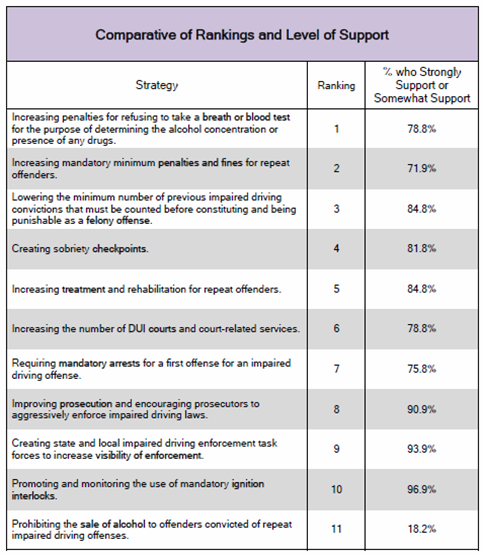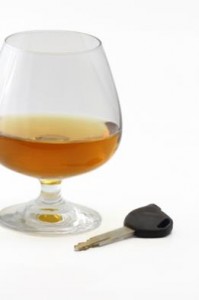| This year, in response to several high profile tragedies, the legislature passed SB 5912 – toughening penalties against drunk drivers. Among other things, the bill directed the Washington State Traffic Safety Commission (WTSC) to convene a working group charged with evaluating 15 strategies for reducing injury and death due to impaired driving.
This week, the Impaired Driving Working Group, co-chaired by Rep. Roger Goodman and Sen. Mike Padden, released their 152 page report. Rep. Goodman, (winner of MADD’s legislator of the year award) who has been convening his own impaired driving working group for years, said, “It was important to bring together all of the key players who deal with the impaired driving problem, on the ground, on a daily basis. We all learned a tremendous amount from one another, from law enforcement and judges and treatment providers and especially the voice of victims. Important recommendations have come from this process and I look forward to acting on them in the upcoming legislative session.” Over the course of three meetings, the group discussed the 15 prevention methods and ranked their top 11 by effectiveness. The chart below shows the results as well as their percentage of support: Based on the rankings one might think that the top three recommendations are pretty effective at reducing death and injury from impaired driving. Here is how the WTSC described the effectiveness of strategies 1-3:
But when we get to strategy #4, sobriety checkpoints, the report says, “Research shows that sobriety checkpoints are MOST EFFECTIVE for reducing deaths and serious injuries that are a result of impaired driving incidents.” Supporters say sobriety checkpoints are cost effective (other prevention methods However, Washington is one of 12 states where sobriety checkpoints are not used because of prohibitions by state law or constitution. The State Supreme Court (Seattle v. Mesiani, 1988) has ruled them to be unconstitutional without an authorizing statute. And opponents think checkpoints are a violation of our right to privacy. What do you think? Would you support a change to the State Constitution to allow sobriety checkpoints? Photo credit – freedigitalphotos.net, Naypong
|


